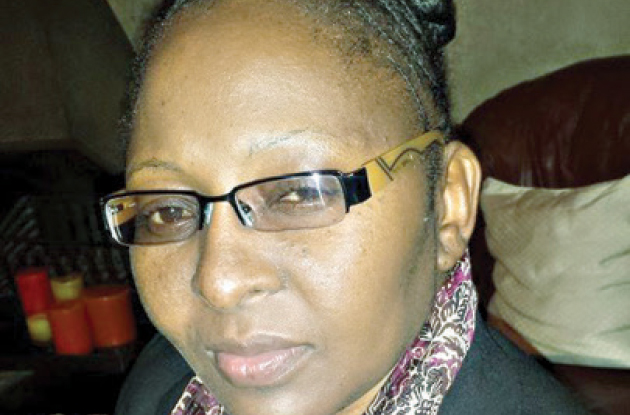Mosquito menace: Bulawayo City Council offers no relief

Yoliswa Dube Chronicle Reporter
THE onset of rains in Bulawayo, usually preceded by sweltering heat as is currently being experienced, brings with it the menace of some of the most irritating night stalkers: mosquitoes.
Light showers which fell on the city two weeks ago, leaving puddles and rousing stream bank vegetation, set off the starter pistol for the mosquito breeding season.
Bed time for most Bulawayo residents, suddenly, has turned into a living nightmare with the constant buzz of mosquitoes. The heat discourages residents from covering up with blankets, giving the blood suckers a feast.
Pest control is a matter for the Bulawayo City Council’s Health Services Department. But for those crying out for the local authority’s intervention, the BCC has the most depressing response: there is not much we can do, just suffer the bites and sleepless nights — the mosquitoes are harmless anyway.
The council says while some fumigation has been carried out at breeding sights, mainly water bodies, “a severe depletion of manpower” means the mosquito menace will not be brought under control.
Council bosses blame a directive by the Ministry of Local Government freezing recruitment of new staff for failing to carry out a comprehensive programme of making the city mosquito-free.
But if you can afford, the BCC can treat your home for $17, says senior public relations officers Nesisa Mpofu.
She said the Pest Control Unit at the BCC has teams that go around the city monitoring all water bodies for mosquito breeding. Where breeding is detected, the places are treated with chemicals that kill the mosquito’s larvae. “Due to the proliferations of wet places or spots, some due to sewage spills, it’s not always possible to treat all breeding sites,” Mpofu told The Chronicle.
“Another activity that the Pest Control Unit engages in is stream-bank clearing which is done to clear streams of vegetation to discourage pooling and stagnating of water. Mosquitoes don’t breed easily in freely flowing water.
“A major challenge in carrying out these activities is the severe depletion of manpower, which largely determines the extent to which such mosquito control activities can be carried out.”
She said intra-domiciliary residual spraying, which is a method of controlling adult mosquitoes by spraying houses with residual insecticides, is only carried out extensively in malaria-burdened areas of the country.
“The city does not carry out this exercise because it hasn’t been proved that there’s malaria transmission in the city.
The BCC only obliges those who individually request for intra-domiciliary residual spraying by carrying out the exercise for them at a cost of $17 for a four-roomed structure.”
Only specific species of mosquitoes, the anopheles, is capable of transmitting malaria. Mpofu said “none of these species of mosquitoes have been identified in the city for over 20 years.”
She said the mosquitoes found in the city are mainly culex species that bite terribly at night and people lose sleep because of them but are not harmful.
“Epidemiologically, there is no malaria transmission in the city and it’s nationally stratified as such. City residents, however, do visit malarious areas and come back to the city with the disease.
“Visitors to the city from malarious areas or countries need to be treated once they are diagnosed,” she said.
Mosquito breeding reaches a peak during the hot wet months, mainly from September to March. The Ministry of Health and Child Care supports the city with drugs and equipment for malaria treatment.
They also support the continuous training of clinicians in malaria treatment.











Comments